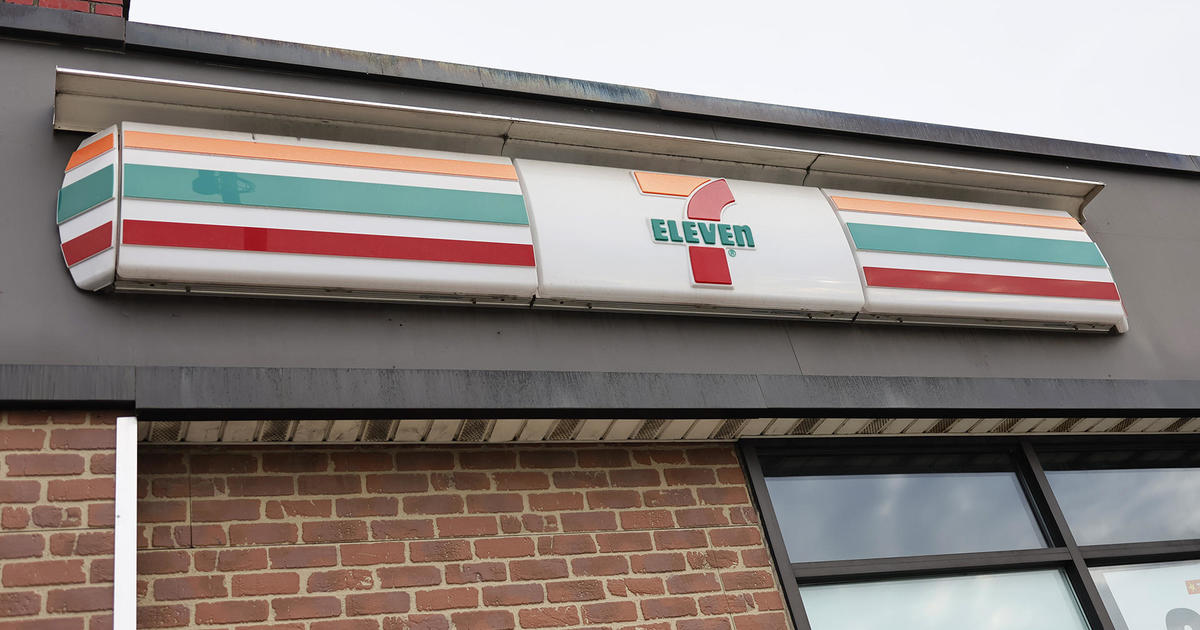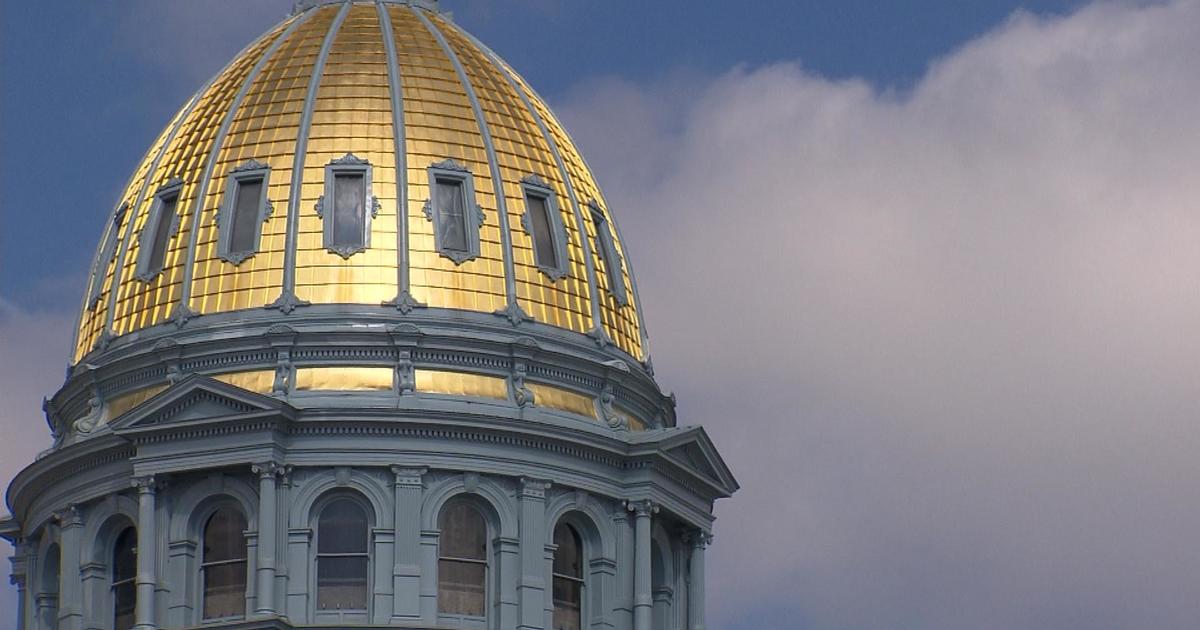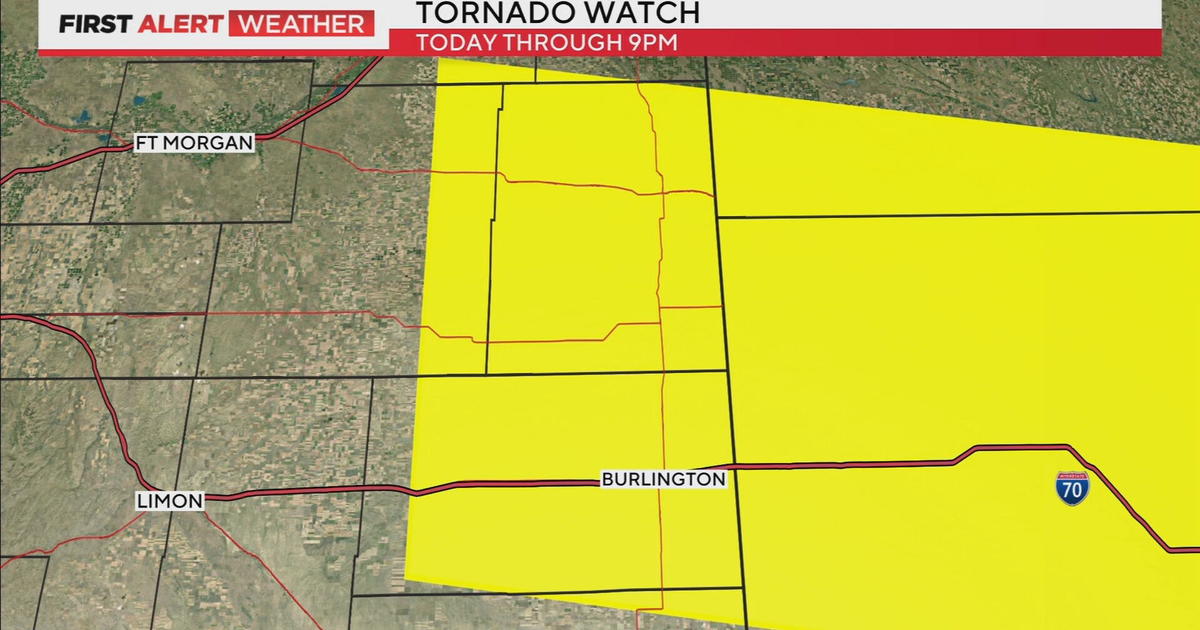Tax Rebates Or Schools? Colorado Budget Hits Impasse
DENVER (AP) - Sometimes a little money comes with big problems, as Colorado lawmakers are finding out a week after hearing the state's finances aren't quite as bad as feared.
Democrats and Republicans in the Legislature announced Friday that they've hit an impasse on next year's budget and that work on it could be delayed up to a week. The dispute puts two perennial legislative favorites against each other -- schools and small businesses.
Democrats say that despite slightly higher tax receipts to the state, Colorado should continue asking businesses to give all the sales taxes they collect to the state, instead of holding some 3 percent back as compensation for collecting it.
Republicans say those so-called "vendor fees" worth $65 million a year should go back to businesses to promote hiring.
The parties also can't agree on whether additional money from capital gains taxes should be used to ease budget cuts at schools, or whether the money should be saved for bad times ahead.
"One side wants to fight against anything that would help revenue (to the state). The other side wants to do everything it can to protect K-12 education," said Rep. Mark Ferrandino, the top Democratic budget negotiator in the House.
The main argument has to do with sales taxes. For the last two years, with the state economy faltering and officials fearing the worst, the Democratic-majority Legislature decided to keep all sales taxes due the state.
The decision meant a temporary end to vendor fees, in which retailers were allowed to keep a portion of the sales taxes they collect to compensate them for the trouble of collecting them. They are worth some $65 million to $72 million a year.
Democrats say the state should keep that money again next year, using it to try to lessen cuts expected to public education, which are likely to force teacher layoffs and even school closures.
Republicans insist retailers should get those vendor fees back to try to promote economic revival and hiring. Republican budget negotiators argue the state can't keep hanging on to the money if it wants business to rebound.
"A lot of these are mom-and-pop-type shops," Republican Sen. Kent Lambert said. "Keeping these vendor fees, that has an impact on jobs."
Democratic Sen. Mary Hodge, also a budget negotiator, said "not using it means deeper cuts to K-12."
Gov. John Hickenlooper, a fellow Democrat who will ultimately sign the legislative compromise into law, had kept the fees in his proposed spending plan.
Democrats and Republicans also bickered over a slight uptick in tax money coming into the state checkbook. Updated forecasts last week projected Colorado could bring in about $161 million more than expected next year, much of it as one-time capital gains taxes.
Republicans want that money shored away for another expected down year next year, while Democrats say the money is needed now.
Senate Democrats called teachers from around the state to testify on the consequences of cuts that could exceed $300 million, from fewer Spanish and art classes to possible higher dropout rates and shorter school years.
The disagreements mean work on the budget could be delayed a week, though lawmakers from both parties cautioned that the stalemate doesn't mean Colorado was in danger of having a congressional-style budget meltdown.
This year's budget debate is the first since the recession began in which different parties control different chambers -- Republicans in the House and Democrats in the Senate. So the budget wrangling, lawmakers say, is to be expected.
"We've laid down our key principles, and now we're negotiating," said Senate Republican Leader Mike Kopp.
- By Kristen Wyatt, AP Writer
(Copyright 2011 by The Associated Press. All Rights Reserved.)



